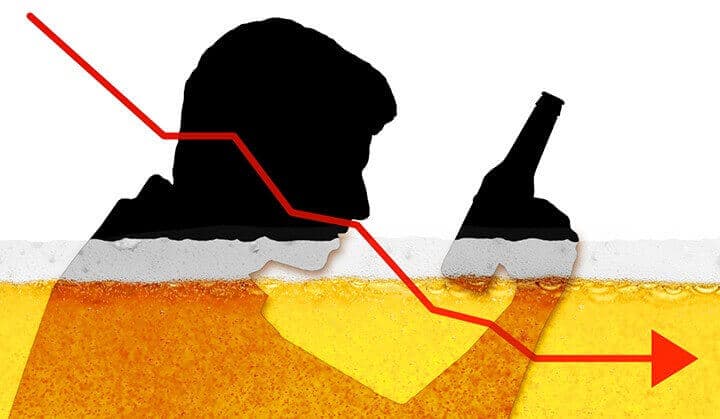Young people who drink abusively consume less and suffer fewer consequences from alcohol if they take naltrexone, a Yale School of Medicine study shows.
While the drug the did not reduce how often young people drank, the authors say results justify more proactive treatment for 4 in 10 individuals aged 18 to 25 who are classified as problem drinkers.
“Many young people are willing to reduce their drinking but not quit entirely,” said Stephanie O’Malley, professor of psychiatry and lead author of the study, which appears Feb. 25 in the Journal Clinical Psychiatry. “We hope to provide a treatment approach that is acceptable and can change the trajectory of their drinking and reduce the development of chronic problems.”
The harm-reduction strategy is controversial in substance abuse circles, with some critics arguing that abstinence is the only safe way to treat dependence. However, O’Malley noted, subjects in the study — many of whom met criteria for dependence — consumed less alcohol on naltrexone than those in the control group. They also were less likely to exceed the legal level of intoxication and had lower rates of some adverse consequences such as blacking out after drinking.
O’Malley said Yale is currently enrolling heavy drinkers who also smoke in a clinical trial of varenicline, sold as the smoking cessation drug Chantix. The researchers want to see if it can also reduce alcohol as well as cigarette consumption.
The research was funded by the National Institutes of Health.
Other authors were William Corbin, Robert Leeman, Kelly DeMartini, Lisa Fucito, Jolomi Ikomi, Denise Romano, Ran Wu, Benjamin Toll, Kenneth Sher, Ralitza Gueorguieva, and Henry Kranzler.

